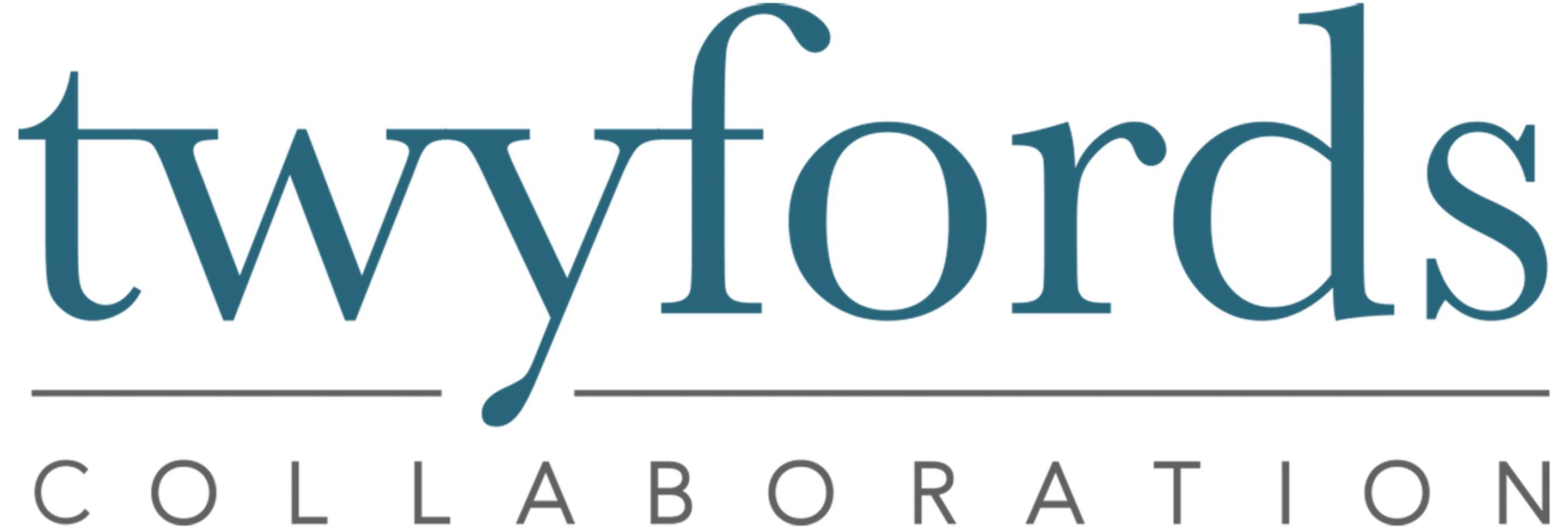I have a client I have been coaching for some time. Let’s call him Rob. He’s a senior guy in a business with a nationwide footprint including multiple offices of widely varying sizes. One of Rob’s key responsibilities is to take the Strategic planning process forward, building the cascade from corporate strategy to section objectives to team actions and personal KPIs. Importantly, Rob wants to do this work collaboratively as part of an organisational aspiration to be more collaborative in its culture. And he also has to fit everything into the frameworks provided by their multinational owner.
So it isn’t a simple task, and in our regular conversations I see Rob grappling with the question “how am I going to do this?”
Understandably, Rob finds the task very uncertain and challenging, even overwhelming at times. What he dearly wants is the answer and until he finds the answer I see him sometimes spinning his wheels and losing confidence.
I can’t give Rob the answer or tell him how to do this. Nobody can. This task is a complex one, both very alike the situation in similar organisations, yet unique in its own ways. What I have been able to help Rob gain is the confidence to admit he doesn’t know, to understand there isn’t a right way, and to just try things. Rob has shifted from problem solving mode to learning and testing mode. And the difference has been amazing. In recognising the inherent uncertainty, complexity and ‘unknowability’ of the situation Rob has been able to cut himself and his people some slack.
- He lets go of the need to have ‘the answer’.
- He trys different things and learns how to build the frameworks as he goes.
- He takes small steps with confidence, learning as much from the things that don’t work as from the things that do.
For example, Rob wants teams to report back against their agreed objectives and KPIs. He was struggling to come up with the ‘right’ questions that would gather the ‘right’ data. Then with his experimenters hat on he decided to test different sets of question in different offices, to see what was going to work best.
Now at the check-out from our coaching calls I hear Rob use phrases such as “I’m really looking forward to trying this” and even, “I’m excited about the next step”.
There is real power and freedom in that mindset shift from “why don’t I know how to do this?” to “what can I try next?”.
So why not try a little experimentation?
If you want to learn some more about the experimental approach in practice, join us for our upcoming on August 19th.
